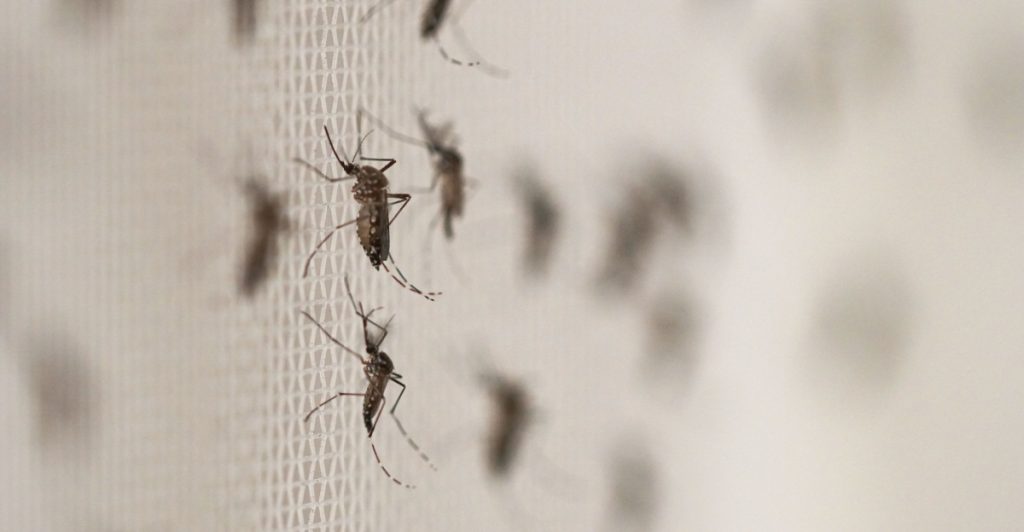New Bed Nets Stop Malaria by Targeting the Parasite, Not the Mosquito
Others are reading now
Mosquitoes are getting harder to kill. For years, insecticide-treated bed nets have been one of the most reliable ways to stop the spread of malaria.
But now, many mosquitoes have developed resistance to these chemicals. That means the nets are no longer as effective as they used to be.
In Africa, where malaria kills hundreds of thousands every year, that’s a serious problem.
Scientists have been searching for new ways to control the disease.
Also read
A team from the Harvard T.H. Chan School of Public Health may have found one, according to El Economista.
They tried something new. Instead of focusing on killing mosquitoes, they targeted the parasite that causes malaria inside the mosquito.
Their approach worked. It stopped the spread of the disease in a completely different way.
The researchers tested 81 compounds known to fight parasites. They applied them directly to Anopheles gambiae mosquitoes.
This species is one of the main carriers of malaria in Africa. Of the 81 compounds, 22 showed strong effects. After more testing, they focused on two of them.
These two compounds hit the parasite’s energy system. More specifically, they disrupted its mitochondrial electron transport chain.
That’s the part of the parasite that helps it produce energy. Without it, the parasite dies.
The team then added the two compounds to nets. Even in small amounts, the treated nets killed 100% of the parasites.
The nets remained effective after a year. They also worked even if the mosquito came into contact with the compound days before being infected.
One big advantage of this method is that it doesn’t kill the mosquito. That means the insect doesn’t develop resistance.
The parasites just never make it to the next human host.
This new approach could mark a big step forward in malaria prevention. It’s not just another chemical weapon.
It’s a smarter way to cut the disease off at its source—before it has a chance to spread.


